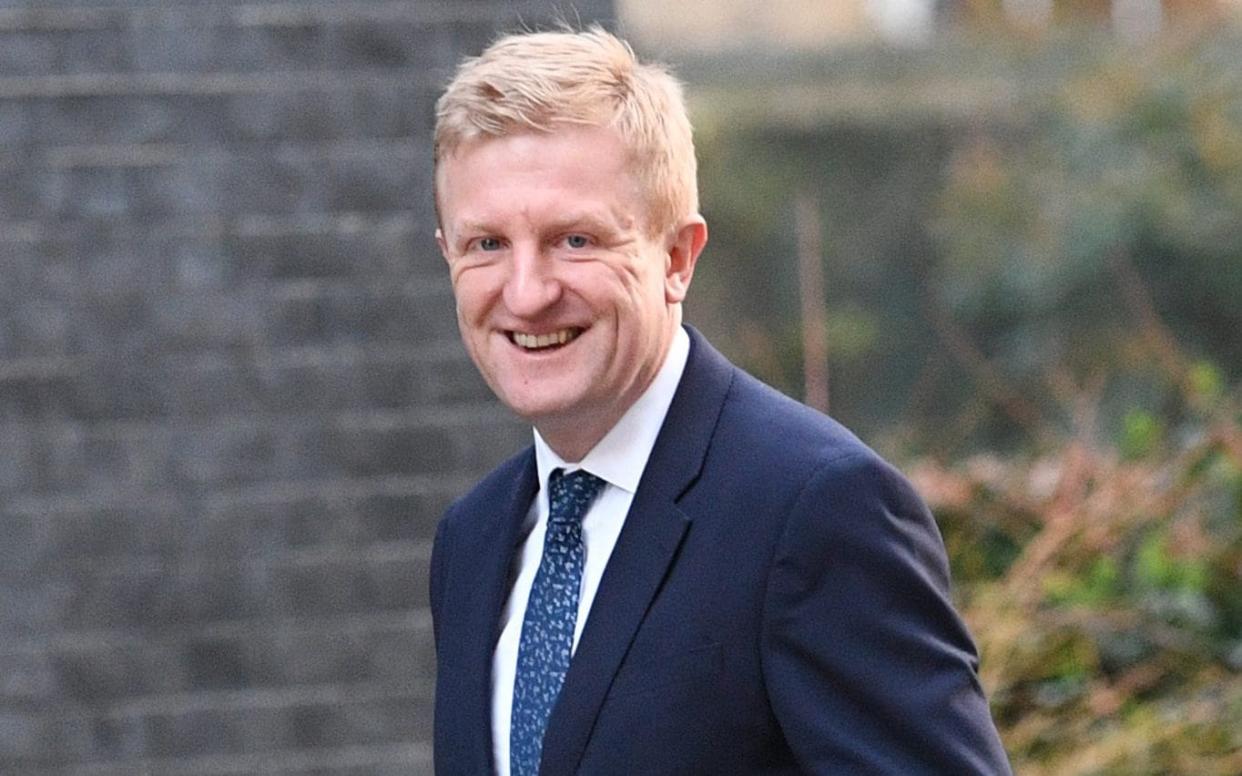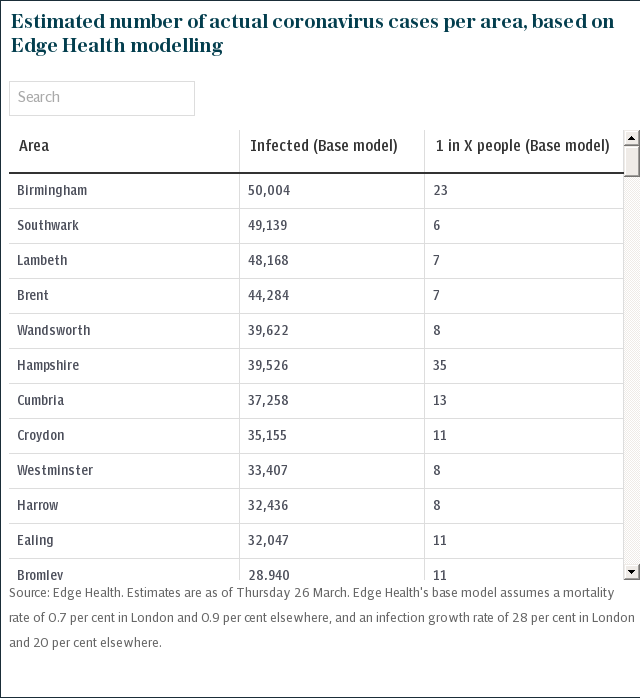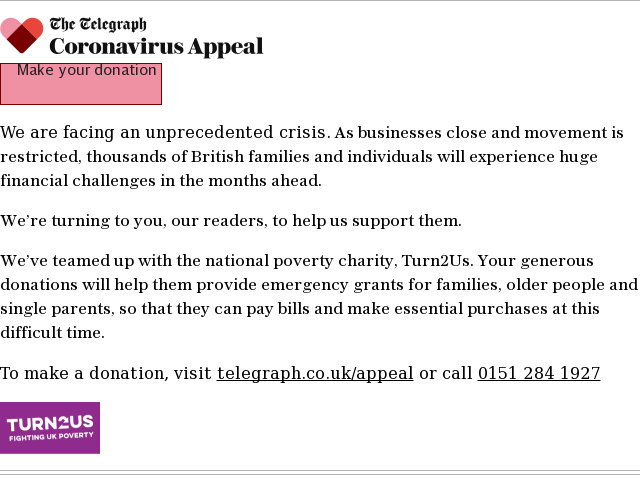Inaccurate news stories and posts circulating online could cost lives - always double check before sharing


During the unprecedented crisis our country is facing, the need for accurate, verifiable information about coronavirus has never been more critical.
Last week the Prime Minister’s address to the nation instructing us to stay at home to save lives was one of the most watched moments in television history, with at least 27 million of us tuning in.
The country’s news media - broadcast, print and online - are fulfilling a vital role ensuring people receive accurate and timely health advice from the NHS and Public Health England during the pandemic, so everyone understands how important it is to follow the advice to stay at home in order to protect the NHS and save lives.
We cannot take that for granted on social media. Here it is much easier for fake news, hoax theories and pseudo-science to spread which will harm not help people if they take it seriously. We need people to follow the instructions of medical experts so that we can reduce the infection rate and protect the NHS. Misleading information about coronavirus online, whether maliciously intended or not, could cost lives.
I’m not going to sit by and let that happen. In order to respond to the current situation my team at DCMS pulled together a unit of experts across government and in the tech sector to lead the fight against fake news - and I’ve trebled its size in the last week as that battle intensifies.
We’re working around the clock with Whitehall departments, the social media platforms, and disinformation specialists in academia to build up a full picture of inaccurate news stories and posts circulating online. This helps inform the government's response at every level, with us regularly updating the Prime Minister and COBRA on social media trends and risks.
Our counter-disinformation unit has seen completely unfounded posts shared on social media. One was telling people that gargling warm water could kill the virus, with this advice purportedly from the Stanford Hospital Board. We know that some people are inadvertently spreading false information such as this thinking it’s based on science or from official sources. And we know that some of these posts have been reaching audiences in their thousands.
Last week a video from the 2011 London riots was being passed off as what is happening on our streets today. And we saw dated footage being used to try to drive divisions among communities by falsely claiming that Muslims were flouting advice on social distancing.
Where we see this dangerous content getting traction, or being shared unchecked, we’re acting fast.
Up to 70 incidents a week of false narratives are being identified and resolved through the government’s own Rapid Response Unit which issues swift rebuttals. And we're working closely with social media platforms to help them identify and take action to remove dangerous, incorrect claims about the virus, plus suspend the accounts of people who wilfully post and share it.

This is a tougher challenge on private messaging apps, such as WhatsApp or iMessage, where it’s harder to see the scale and scope of disinformation disseminated. This is why it is so important that we look for tech-based solutions to help communicate accurate information, such as the NHS Chatbot WhatsApp we launched last week.
But I would like to see the tech companies do much more to explore how they can further limit the spread of misinformation on their platforms. I’ll be speaking to the major social media companies this week about their efforts to date, assess the progress made and discuss other potential measures we can put in place.
As individuals, we all have a role to play, too. Before reading, sharing or forwarding a post, we should think about where the information comes from. Is it a reputable site or from somewhere obscure we’ve never heard of? What motive might be behind it? Is it worth checking it against reliable sources of information, such as gov.uk? You may well find that it has already been debunked by a trusted fact-checker such as Full Fact.
When we see people posting things that we know contradicts guidance from authoritative public health sources, the best thing to do is not to share or comment on them. Some of this content is intentionally invented to provoke a reaction. Even if it is your natural instinct to call it out, sharing it - even in an outraged way - just spreads it.

One in ten internet users say they don’t think about the truthfulness of online content. But things are improving. Those that do think about it are more likely to make checks to verify the information than they were three years ago. That reflects the good work being done to promote media literacy and critical thinking skills from the tech giants themselves, Ofcom, media organisations such as the BBC, and indeed the Government as we embed it in the school curriculum.
We will all be relying on social media in the coming weeks to keep us connected with family and friends. As that happens it is vital that we keep an eye on the information we are bombarded with and don’t take it all at face value.
The government and our health experts will be giving you the most up to date, accurate guidance as fast and as clearly as we can to protect the NHS and save lives. Nonsense spread online could cost lives: be sceptical, and always double check before sharing.


